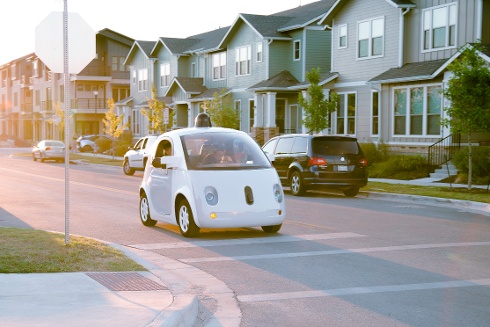Virginia Tech: Autonomous vehicles prove safer than conventional ones
If you were worried about the safety of autonomous vehicles as their popularity and testing continues to soar, a new study performed by the Virginia Tech Transportation Institute and commissioned by Google says they’re actually safer than the car you’re driving.

The first-of-its-kind study, “Automated Vehicle Crash Rate Comparison Using Naturalistic Data,” showed that the crash rates for self-driving cars are lower than the national crash rate of conventional cars.
The report examined national crash data and data from naturalistic driving studies that monitor the experiences of 3,300 vehicles driving more than 34 million miles in order to better estimate existing crash rates. This information was then compared to data from Google’s Self-Driving Car program.
What they found was that the national crash rate estimates of 4.2 crashes per million miles is higher than the crash rates for the Self-Driving Car operating in autonomous mode at 3.2 per million miles. While the data does suggest that conventional vehicles may have higher rates of more severe crashes than self-driving cars the study conductors did take into consideration that there is still a small overall number of crashes reported for self-driving car at these levels, so there is insufficient data to draw this conclusion. However, there is data that suggest that less severe accidents may happen at a lower rate for self-driving cars than conventional vehicles.
When the Virginia Tech Transportation Institute analyzed the Google Self-Driving Car events they found that none of the self-driving cars were actually at fault in any of the incidents.
As more and more self-driving cars begin being tested on open roads and among other cars, there will be more data to draw even more specific conclusions.
Report via Virginia Tech.

Comments are closed, but trackbacks and pingbacks are open.